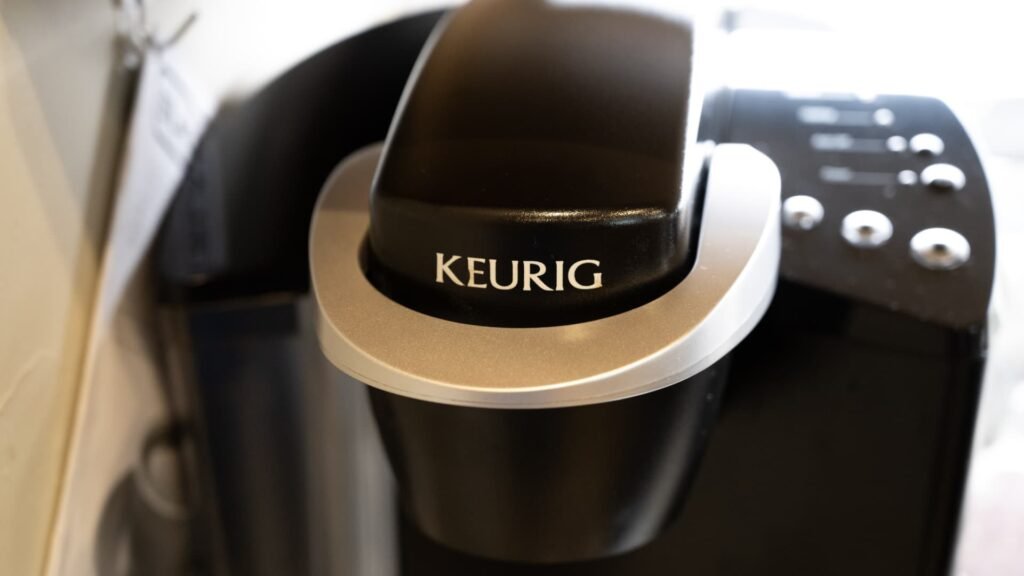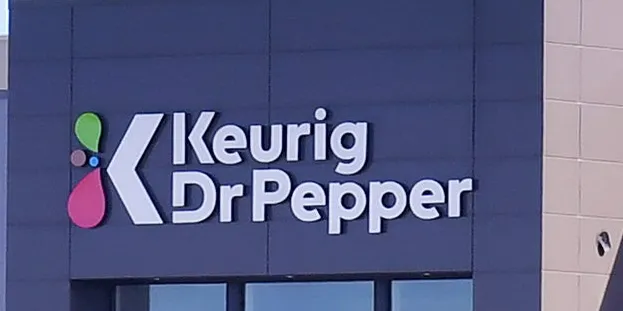Keurig Dr Pepper has struck an $18 billion deal to acquire JDE Peet’s, one of the world’s largest coffee companies. The move, announced in August 2025, is set to reshape the beverage industry as Keurig Dr Pepper plans to split into two publicly traded businesses: one focused on global coffee and the other dedicated to refreshment beverages.
This transaction highlights a major shift in strategy for the company, as it aims to strengthen its position in both coffee and soft drinks while unlocking more value for investors.
The Deal at a Glance
The acquisition will be carried out through an all-cash tender offer of €31.85 per JDE Peet’s share, representing a premium of about 20 percent over its last closing price. In total, the purchase amounts to approximately $18.3 billion.
Beyond the headline figure, the company expects about $400 million in annual cost savings within three years of completing the deal. These savings will come from supply chain improvements, shared resources, and brand integration.
Two New Public Companies
Once the acquisition is complete, Keurig Dr Pepper will separate into two independent companies.
Global Coffee Company
The new coffee business will include brands such as Keurig, Green Mountain, Peet’s, Gevalia, Stumptown, and Intelligentsia. It is expected to generate around $16 billion in annual revenue and have a strong presence in more than 100 countries.
Headquartered in Burlington, Massachusetts, and Amsterdam, this company aims to rival global leaders like Nestlé in the competitive coffee sector.
Beverage Company
The beverage business will focus on North American brands including Dr Pepper, 7UP, Canada Dry, Snapple, A&W, and several energy drinks. With projected annual sales of about $11 billion, this company will continue to operate from Frisco, Texas, where Keurig Dr Pepper is currently based.
Why the Split Matters
The decision to split into two entities is a strategic one. By creating a pure-play coffee company and a dedicated refreshment beverage company, Keurig Dr Pepper hopes to give investors more clarity and flexibility in where to place their money.

Investors who want exposure to the fast-growing global coffee market will have the option to focus on the coffee company, while those more interested in North American soda and non-alcoholic drinks can invest in the beverage company. This targeted approach is expected to unlock greater shareholder value.
Market Reaction
The announcement sparked mixed reactions in the financial markets.
Shares of JDE Peet’s soared by more than 16 percent following the news, reflecting investor optimism about the premium offer. It was one of the strongest trading days in the company’s history.
On the other hand, Keurig Dr Pepper’s stock dropped sharply, falling between 7 and 11 percent. This decline showed that investors were concerned about the high cost of the acquisition and the challenges involved in integrating two large businesses.
Analyst and Credit Agency Views
Market analysts have offered differing opinions on the deal.
Moody’s warned that the high purchase price could pressure Keurig Dr Pepper’s credit rating, although the company believes it will maintain an investment-grade rating. HSBC downgraded the company from “Buy” to “Hold,” pointing to concerns over valuation. UBS maintained a “Buy” rating with a price target near $40, while RBC noted that the transaction could deliver long-term value but would take time to materialize.
This split in analyst opinions shows how uncertain the short-term impact of the deal might be, even though its long-term potential appears significant.
Opportunities from the Acquisition
Despite short-term skepticism, the acquisition offers several potential benefits.
- Global Reach: By combining JDE Peet’s international footprint with Keurig’s strong North American presence, the coffee business can expand into new markets worldwide.
- Competitive Strength: The combined coffee company could secure close to 20 percent of global market share, challenging Nestlé’s dominance.
- Operational Synergies: The companies expect $400 million in cost savings annually, helping improve profit margins.
- Simplified Strategy: The split allows each new company to focus on its core strengths, making operations more efficient and investor-friendly.
Risks and Challenges
However, there are also significant challenges to address.
Financial Burden
The acquisition comes at a steep price, and the return on investment may not exceed JDE Peet’s cost of capital in the near term. Keurig Dr Pepper will rely on debt and available cash to finance the deal, which raises concerns about leverage.
Industry Pressures
Both coffee and soda markets face challenges. Coffee prices are rising due to supply shortages and climate-related issues, while consumer preferences are shifting toward healthier beverage alternatives, which could impact soda sales.
Execution Risks
Spinning off two public companies while integrating a global coffee leader is a complex task. Regulatory approvals, brand harmonization, and leadership transitions will all play a role in determining success.
Leadership for the New Companies
Leadership will also play a crucial role in shaping the future of these businesses. Tim Cofer, Keurig Dr Pepper’s current CEO, will lead the beverage-focused company. Meanwhile, Sudhanshu Priyadarshi, the company’s CFO, is set to take charge of the coffee business.

Having experienced leaders at the helm is expected to provide stability during this major transition.
Timeline for the Deal
The transaction is expected to close in the first half of 2026, subject to regulatory approval and shareholder acceptance. JDE Peet’s board has already approved the offer, and JAB Holding, its largest shareholder, has agreed to support the deal by tendering its majority stake.
Once the acquisition is finalized, Keurig Dr Pepper plans to proceed with the split, creating two independent publicly traded companies by the end of 2026.
What This Means for the Beverage Industry
The Keurig Dr Pepper JDE Peet’s deal highlights a growing trend in the beverage industry: focusing on specialization. While many companies try to diversify their portfolios, others are realizing that separating businesses into more focused units can create better long-term value.
If successful, this move could inspire other global food and beverage companies to consider similar splits, allowing investors to bet on specific growth markets.
Conclusion
The Keurig Dr Pepper JDE Peet’s deal is one of the most significant moves in the beverage sector in recent years. Valued at $18 billion, it represents both an opportunity and a challenge.
By creating a global coffee powerhouse alongside a dedicated beverage company, Keurig Dr Pepper is betting on a dual strategy that could reshape its future. Success will depend on careful execution, managing debt, and responding to fast-changing consumer preferences.
For now, the industry watches closely as two potential giants prepare to take the stage.
Do Follow USA Glory On Instagram
Read Next – Prudential PLC First-Half Results Beat Expectations






